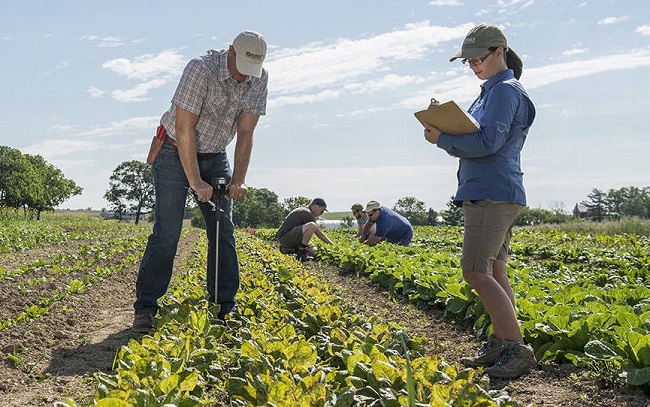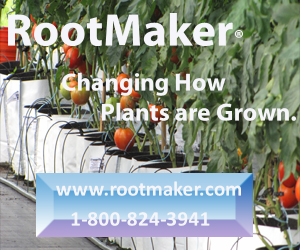
As more people express concerns about food quality, many are turning to organic fruits and vegetables. The organic food market continues to rise in popularity among Americans of all backgrounds. As such, many farmers are transitioning to organic farming and there is a growing number of individual organic farms popping up all over America.
Unfortunately, there is a common misconception that organic farming is difficult and not financially lucrative to individual farmers. This is based on an antiquated notion that land farmed organically actually produces less produce due to the lack of chemical fertilizers and pesticides. This theory was largely debunked by a study published in the Proceedings of the National Academy of Sciences. According to 44 specialized studies in 15 countries on over 55 crops over the last 40 years, the researchers found organic farming has actually been yielding 22-35% more profit than non-organic farming. The study also concluded that organic farming does require 7-13% extra labor, as they use hands-on pest control methods. For example, instead of using a potentially harmful pesticide, an organic farm will introduce a natural predator into the environment to counteract the pests. But these “premiums” can be easily compensated by passing on a 5-7% “premium” to the consumer, who has shown a willingness to pay the premium. In fact, the National Academy of Sciences discovered that farmers who make the transition to organic farming are likely to raise their profit margin as high as 22% to 35%. Growers also now have access to natural, organic plant growth enhancers that have come on the market that can replace synthetic pesticides.
While there are many benefits of organic farming, research shows that organically-produced foods are rich in nutrients and antioxidants, but not all of the benefits are easy to quantify. For example, traditional farming methods can lead to soil erosion and fertilizer nitrates entering nearby groundwater, two problems that are not as common with organic farming.
With such promising statistics, why aren’t more farmers switching to organic methods? The primary hesitation lies in the time and money it takes to become a certified organic farmer. In order for a farmer to be granted organic status, they must practice organic farming for three years, requiring investing more resources without the added compensation during that time. The National Academy of Science suggests that the U.S. government encourage farmers to make the transition by developing policies that will support them throughout the transition.
Starting or transitioning to an organic farming operation can be challenging. The following organizations offer additional information and resources.
Beginning Farmers BeginningFarmers.org
Organic Farming Research Foundation Ofrf.org
Organic Materials Review Institute Omri.org
Organic Trade Association Ota.com
United States Department of Agriculture Usda.gov
James E. Kostrava, is CEO & Founder of Organibliss, LLC.
Related Articles & Free Email Newsletter Sign Up
11 Organic Fertilizers That Can Help Your Soil
How to Get Started with Organic Gardening in a Greenhouse
Organic Gardening: Six Natural Ways to Boost Your Garden’s Health




Comment here